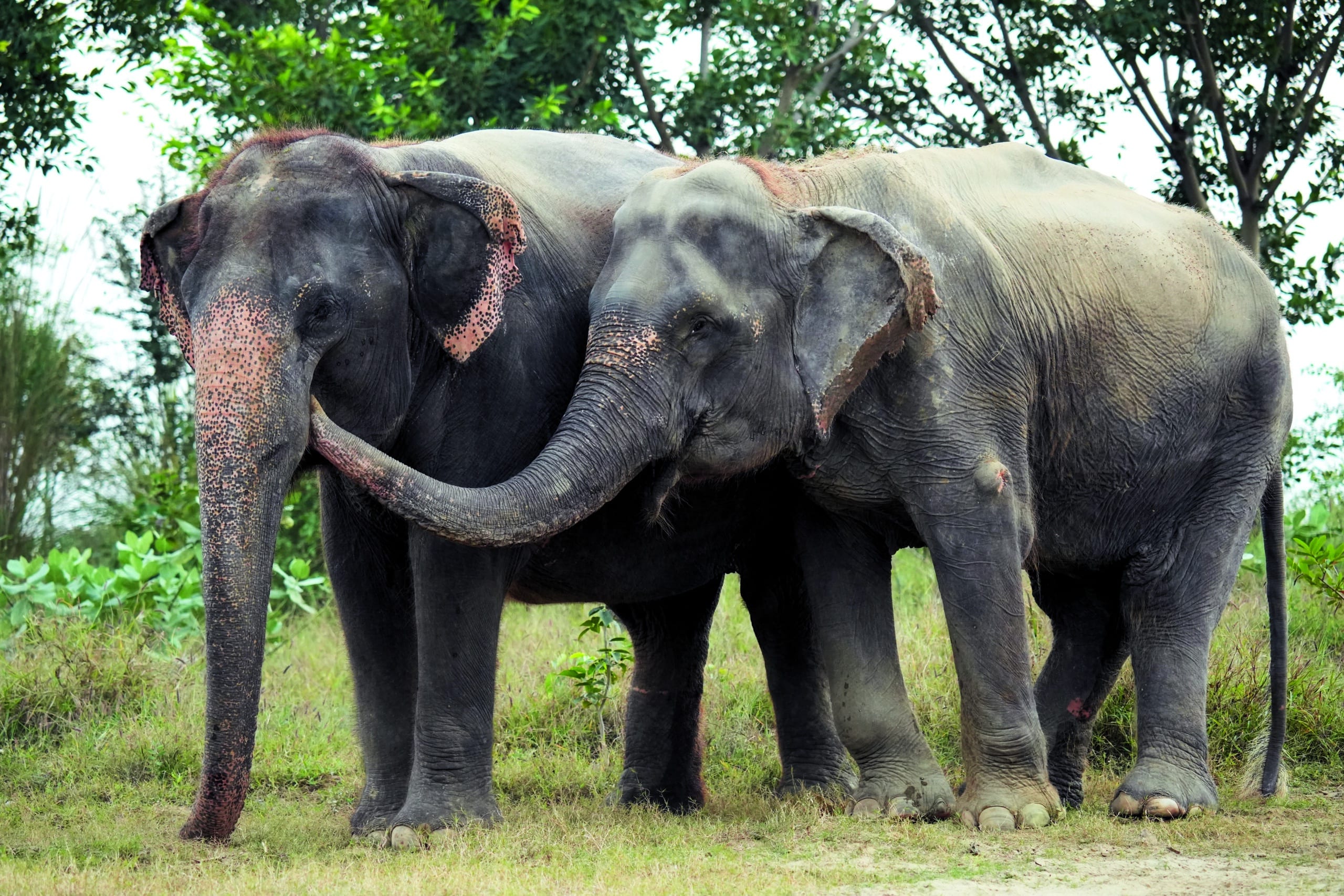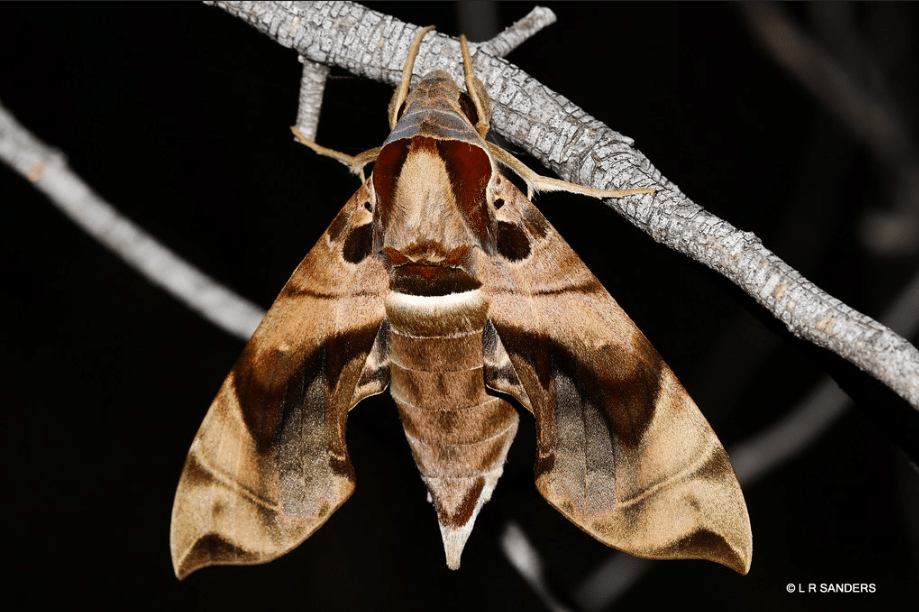You might remember Kalpana—I am happy to report that this year she celebrates her fifth rescue anniversary at Wildlife SOS. Formerly exploited and abused as a ‘begging’ elephant in Uttar Pradesh, Kalpana was rescued in 2019 and brought to the Wildlife SOS Elephant Hospital Campus (EHC) in Mathura for comprehensive...
The NSW Threatened Species Scientific Committee (TSSC) has completed its annual review of the state’s shark net program and issued a scathing assessment of the way in which the NSW Government is managing the shark nets installed on metropolitan ocean beaches between September and April every year.
The Scientific Committee assessed the shark net program’s two objectives and determined neither are being met. The objectives are:
- Reduce the risk to humans from shark bites at beaches subject to the SMP– The scientific committee refers to findings that 82% of shark-human encounters (29 of 35) happened at netted beaches since 2000 and notes that one interaction occurred at a netted beach last year with no information of encounters at unnetted beaches. They state that the data suggests that the nets do not eliminate the risks of shark interactions.
- Minimise the impact on species and to ensure that the SMP does not jeopardise the survival or conservation status of threatened species, populations and ecological communities, or cause species that are not threatened to become threatened– the TSSC expresses concern that the number of non-target animals (that is all animals besides white, tiger and bull sharks) remains consistent. At least 300 animals were caught this past year and only 51 were target sharks (six times as many non-target as target).
The TSSC is especially concerned with marine turtle catch as nearly all turtles caught in shark nets are threatened species. They also expressed concern for damaged and lost nets which they say are guaranteed to pose unrecorded threats to marine animals.
The nets are managed according to an agreement between the NSW Ministerof Primary Industries Dugald Saunders and the environment department. Conservation organisations Humane Society International (HSI) and the Australian Marine Conservation Society (AMCS) are calling on NSW environment minister James Griffin MP to withdraw his support for the shark nets and ask his department to tear up the agreement with the Fisheries Minister so that the nets no longer have consent to continue.
Nicola Beynon, Head of Campaigns for Humane Society International, said, “The nets don’t make beaches any safer, they are just a placebo and this report from the TSSC confirms as much. The Government’s Scientific Committee point out that shark interactions still occur at netted beaches.
“A threatened turtle was killed every 12 days during the last netting season in NSW. For the sake of threatened marine life and ending a false sense of security for humans, HSI recommends NSW Environment Minister James Griffin tears up the agreement with the Fisheries Minister and removes his Department’s consent for the shark nets to continue. They are failing miserably on the only two objectives they’re required to meet. It’s time to rely on the technology that is doing the job required of it, like drones which are already being used across NSW with great success.”
Dr Leonardo Guida, shark scientist at the Australian Marine Conservation Society, said, “This report is a clear indication of an objective failure in public safety policy – the expert evidence resoundingly concludes that shark nets have no benefit to safety for humans and wildlife alike.
“The NSW Government has modern-day solutions that improve beach safety and NSW coastal communities want them instead of nets, yet political courage is needed for improvements to public safety for you and I at the beach.”
Both polling and surveys by the NSW Department of Primary Industries and HSI show that shark nets are deeply unpopular. In a survey by HSI this year, nearly three quarters of NSW coastal residents supported replacing shark nets with alternatives like drones and personal shark deterrents.


